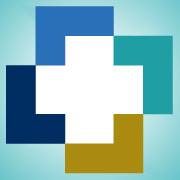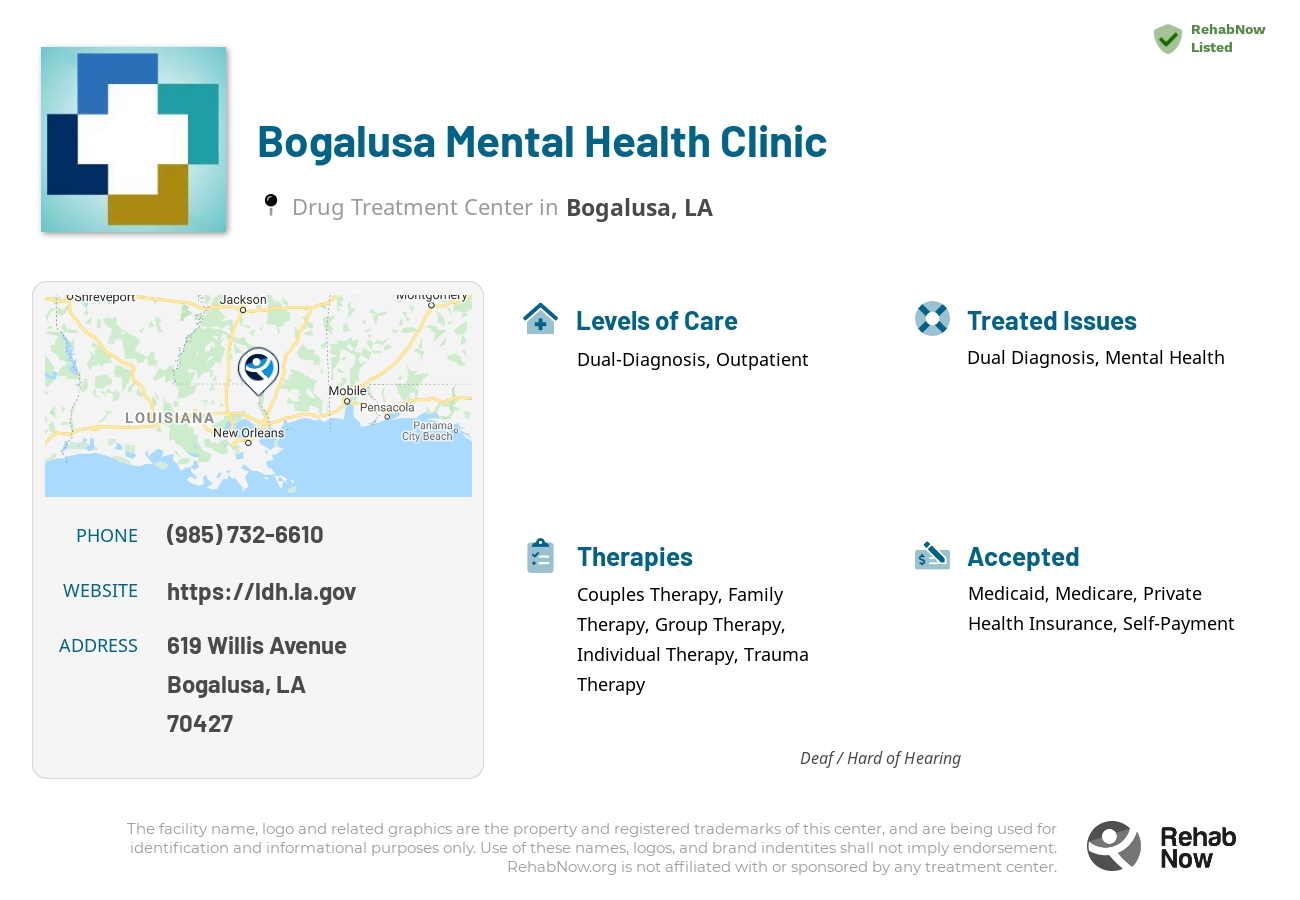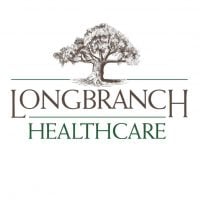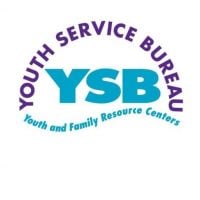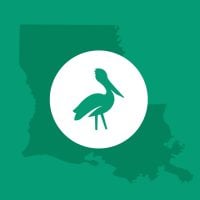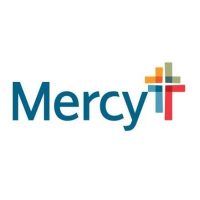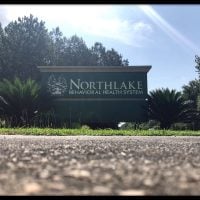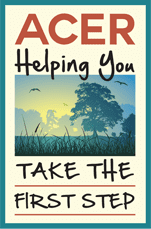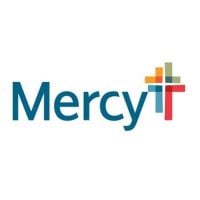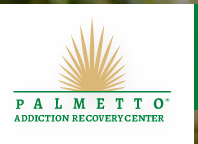Bogalusa Mental Health Clinic
Drug Rehab Center in Bogalusa, Louisiana
Bogalusa Mental Health Clinic in Bogalusa, Louisiana is a comprehensive mental health facility that offers a range of services, including counseling, therapy, medication management, and addiction treatment, with a team of skilled professionals providing personalized care.
About
Bogalusa Mental Health Clinic, located in Bogalusa, Louisiana, is a public rehab facility that specializes in the treatment of dual diagnosis and mental health conditions. The clinic has been serving the community for many years, providing comprehensive and individualized care to those struggling with addiction and mental health issues.
• Dual diagnosis treatment: Bogalusa Mental Health Clinic addresses both substance abuse and co-occurring mental health disorders simultaneously.
• Outpatient care: The clinic offers flexible outpatient treatment options, allowing patients to receive care while maintaining their daily responsibilities.
• Detox services: Medically supervised detoxification is available to help patients safely withdraw from substances.
• Aftercare support: Ongoing support and resources are provided to help patients maintain their recovery after completing treatment.
Accredited by the Joint Commission on Accreditation of Healthcare Organizations (JCAHO), Bogalusa Mental Health Clinic adheres to the highest standards of care. The clinic's team of experienced professionals utilizes evidence-based practices to create personalized treatment plans tailored to each patient's unique needs.
In addition to treating dual diagnosis, the clinic also addresses specific addictions such as alcoholism, opioid addiction, and substance abuse. Treatment methods include a combination of group counseling, cognitive-behavioral therapy, medication management, support groups, and family counseling. The caring staff at Bogalusa Mental Health Clinic is dedicated to providing the highest quality care and support to help patients achieve lasting recovery.
Genders
Ages
Modality
Additional
Accreditations

JCAHO
Conditions and Issues Treated
A person who struggles with addiction and a mental health condition suffers from a dual diagnosis. This means that they have two issues that must be treated. The specific mental health issues that the patient at Bogalusa Mental Health Clinic might have include but are not limited to:
- Depression
- Bipolar Disorder
- Anxiety
- PTSD (Post Traumatic Stress Disorder)
The specific addiction issues that the patient might have include but are not limited to:
- Alcoholism
- Drug Addiction (i.e., Cocaine, Meth, and other stimulants, Marijuana, and Ecstasy)
The combination of the two illnesses can be tough to treat. Taking care of one or the other is tough, and taking care of both cannot be done alone. A patient who receives dual diagnosis treatment will be given the best chance at becoming sober.
Levels of Care Offered
This center offers a variety of custom treatment tailored to individual recovery. Currently available are Dual-Diagnosis, Outpatient, with additional therapies available as listed below.
An outpatient treatment program is set up to help with alcohol or drug addiction or a co-occurring disorder. The treatment must attend the treatment facility for their therapy and other programs but return home each night. The frequency of mandatory attendance decreases after much of the treatment program is complete. The treatment programs are monitored by the treatment facility and case managers who work for a judge or judge’s office. A treatment program may be performed out of a treatment facility, treatment clinic, or treatment center.
The benefits of outpatient treatment programs are many. One of the most beneficial treatment programs is that it allows treatment for clients who cannot afford or may not be able to attend treatment at a treatment facility, treatment center, or treatment clinic full-time. Another benefit of treatment programs is that they reduce crime rates because treatment allows people to treat their addiction.
Therapies & Programs
Individualized Treatment is essential because it gives addicts the ability to participate in a program that meets their unique needs. An addict should work with professionals who understand what they’re going through, especially if the addict is actively using. Finding the right treatment program for an addict is difficult, but it’s even harder without communicating with those who have experience treating your specific situation.
Couples therapy is a treatment approach where the patients and their partners are engaged together. When a person becomes a victim of substance abuse, it affects the patient and his people, particularly his partner. Their relationship can become strained due to lack of communication, financial issues, loss of trust, lack of intimacy, and physical abuse in more severe cases. Couples therapy addresses these issues and tries to rebuild the trust between the partners. The partner’s involvement in the process will result in greater chances of treatment success and sustained recovery.
The therapies typically involve all family members, potentially including siblings, children, and parents who play a role in their daily lives. These sessions can be essential because they address past issues that may have affected an addict or alcoholic’s recovery process. They provide support during this time when it is needed most!
A family therapy session, often called a family meeting or intervention, is a necessary process that helps loved ones of addicts see their situation in a new light. It’s also one of the most challenging things families will ever have to do when they’re facing a loved one battling addiction or alcoholism.
Group therapy sessions provide recovering addicts with a chance to cope with everyday situations that many face. Group therapy sessions are held in rehab facilities, clinics, churches or community centers that offer drug addiction treatment.
People who attend these groups are encouraged to voice their feelings and support other addicts in recovery. This helps group members strengthen their own recovery program while cheering on others who are struggling with sobriety.
Trauma therapy allows them to work through past trauma to have peace of mind and begin down the road of sobriety. The therapist will work with the individual to help them understand their past and present relationships. Patients may often believe that something is inherently wrong with them or they are unworthy of love. The therapist aims to correct these negative feelings and behaviors by helping the person realize that their actions do not reflect who they truly are.
Cognitive Behavioral Therapy (CBT) is a highly effective treatment option based on the idea that how we feel, think and act all interact together. Our thoughts determine our feelings and behaviors; our feelings affect our thoughts, and our behaviors change our thoughts and feelings. CBT helps people explore their thoughts for problems (or false beliefs) that influence their mood and actions. By examining their thoughts and beliefs, people can recognize distorted or irrational and modify them to more realistic, positive ones. CBT is very goal-oriented, which means that the therapist and patient work together on a specific problem while learning to become more adept at solving future problems.
CBT works well with a broad range of people, including those with depression, anxiety disorders, eating disorders, and problems with anger. In addition to helping a client focus on thoughts that can be changed, CBT also allows them to take an active role in their treatment. This is called a collaborative approach because both patient and therapist work together to produce the best possible results.
CBT is based on cognitive learning theory, which says that our behavior is a learned response to our environment. Cognitive refers to thoughts and beliefs, while behavioral relates to actions or deeds. CBT helps people learn ways of behaving to improve their quality of life by focusing on specific problems or goals they want to achieve. Sometimes, CBT is used alone; other times, it is combined with medications or brief counseling techniques such as solution-focused and motivational interviewing to achieve optimal results for the patient.
Payment Options Accepted
For specific insurance or payment methods please contact us.
Is your insurance accepted?
Ask an expert, call (888) 674-0062
State of Louisiana Associated Centers
Discover treatment facilities under the same provider.
- Opelousas Behavioral Health Clinic in Opelousas, LA
- New Iberia Behavioral Health Clinic in New Iberia, LA
- West Baton Rouge Behavioral Health in Port Allen, LA
- LA Health and Rehab Center - Reality House in Baton Rouge, LA
- Dr. Joseph Henry Tyler Jr. Behavioral Health Clinic in Lafayette, LA
Learn More About State of Louisiana Centers
Additional Details
Specifics, location, and helpful extra information.
Bogalusa, Louisiana 70427 Phone Number(985) 732-6610 Meta DetailsUpdated April 15, 2024
Staff Verified
Patient Reviews
There are no reviews yet. Be the first one to write one.
Bogalusa, Louisiana Addiction Information
Louisiana is one of the top ten states in the nation for opioid-related deaths. One in ten high school students admits to regularly using prescription opioids for non-medical purposes. More than 225,000 Louisiana residents admit to regular heavy drinking and around 6% of the Louisiana population abuses alcohol. Marijuana use in Louisiana is most common amongst teenagers between the ages of 12 and 17 years old.
About 9,000 people in Bogalusa are addicted to drugs, and only about 1,200 receive treatment. Opioids are quickly becoming a major concern. Opioids were involved in 948 (61.5%) of those overdose deaths. There are several different drug treatment options available for people looking to get sober in Bogalusa, Louisiana. Popular options include inpatient and outpatient rehab programs, 12-step programs, and holistic treatments.
Treatment in Nearby Cities
- Cheneyville, LA (144.3 mi.)
- Church Point, LA (142.0 mi.)
- Hammond, LA (40.0 mi.)
- Reserve, LA (64.7 mi.)
- Port Allen, LA (82.8 mi.)
Centers near Bogalusa Mental Health Clinic
The facility name, logo and brand are the property and registered trademarks of Bogalusa Mental Health Clinic, and are being used for identification and informational purposes only. Use of these names, logos and brands shall not imply endorsement. RehabNow.org is not affiliated with or sponsored by Bogalusa Mental Health Clinic.
